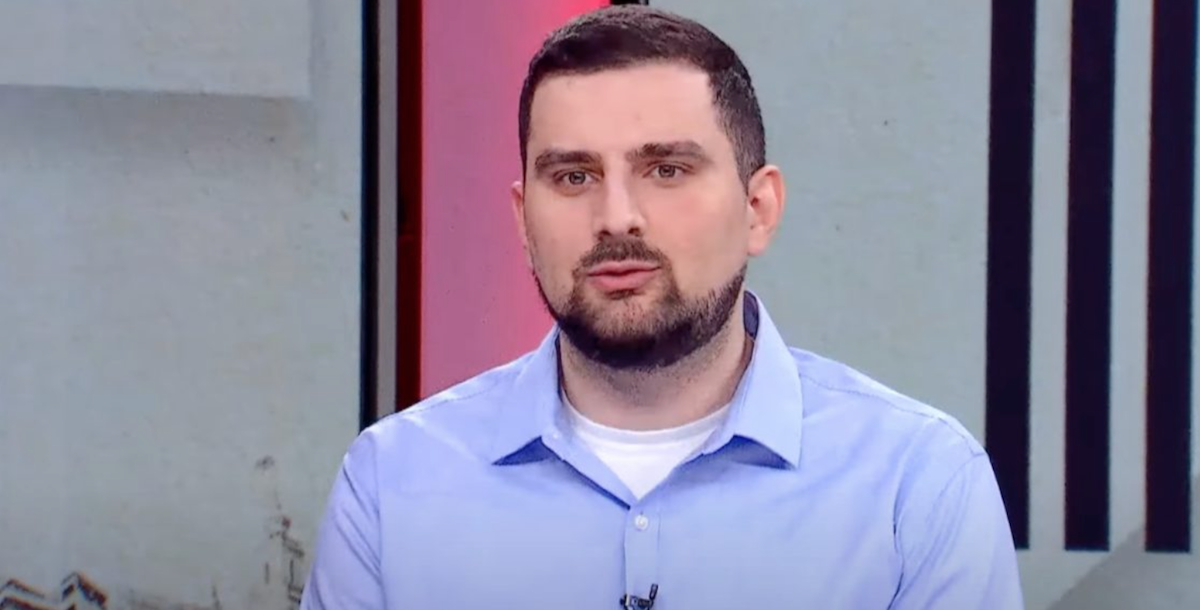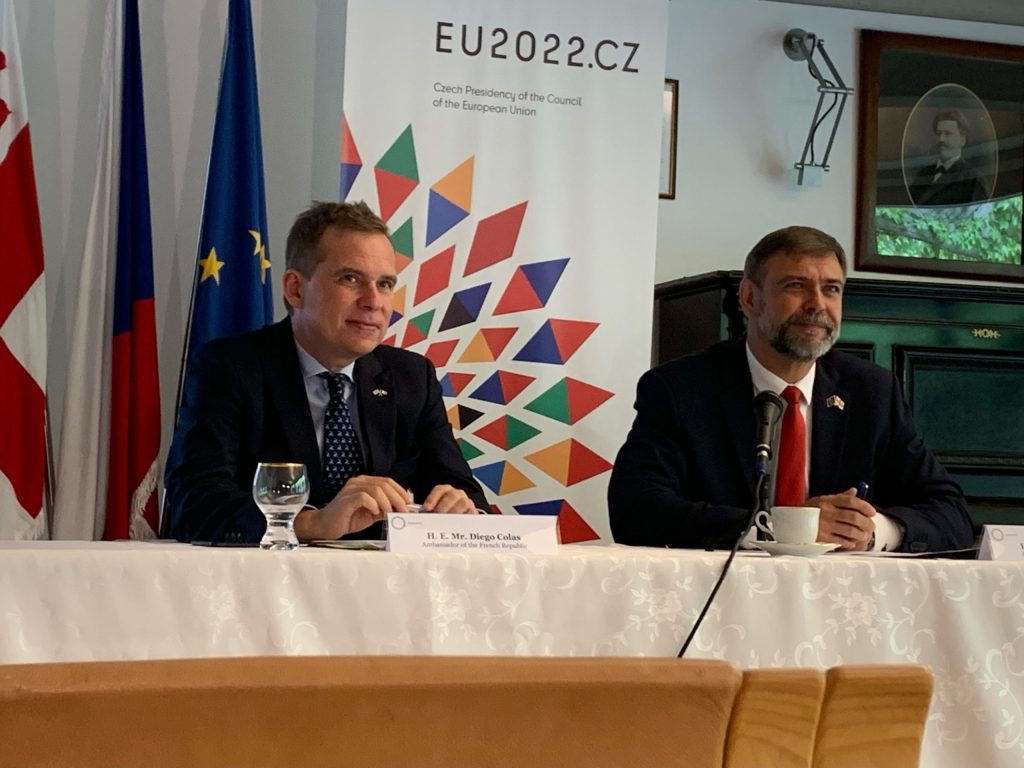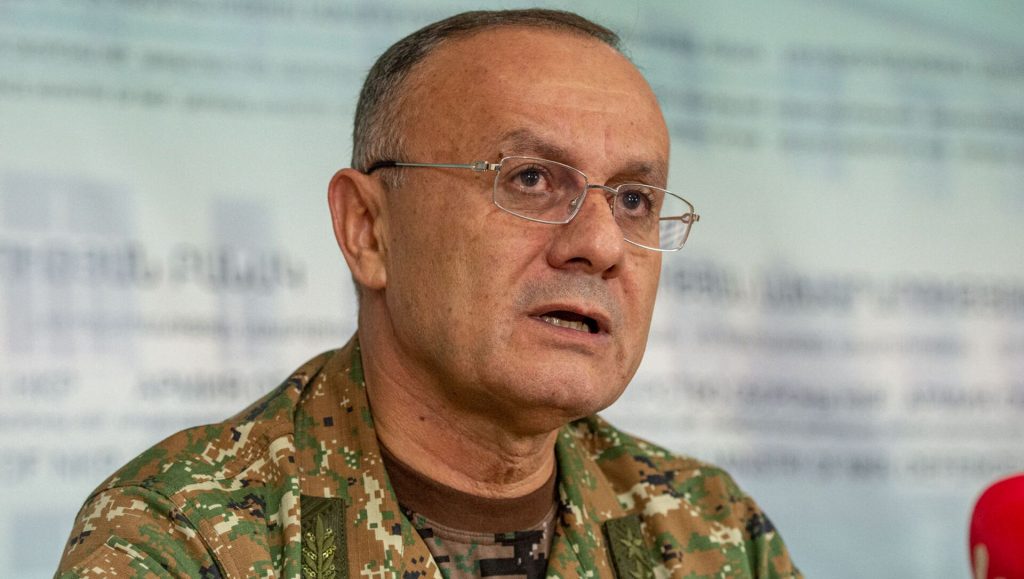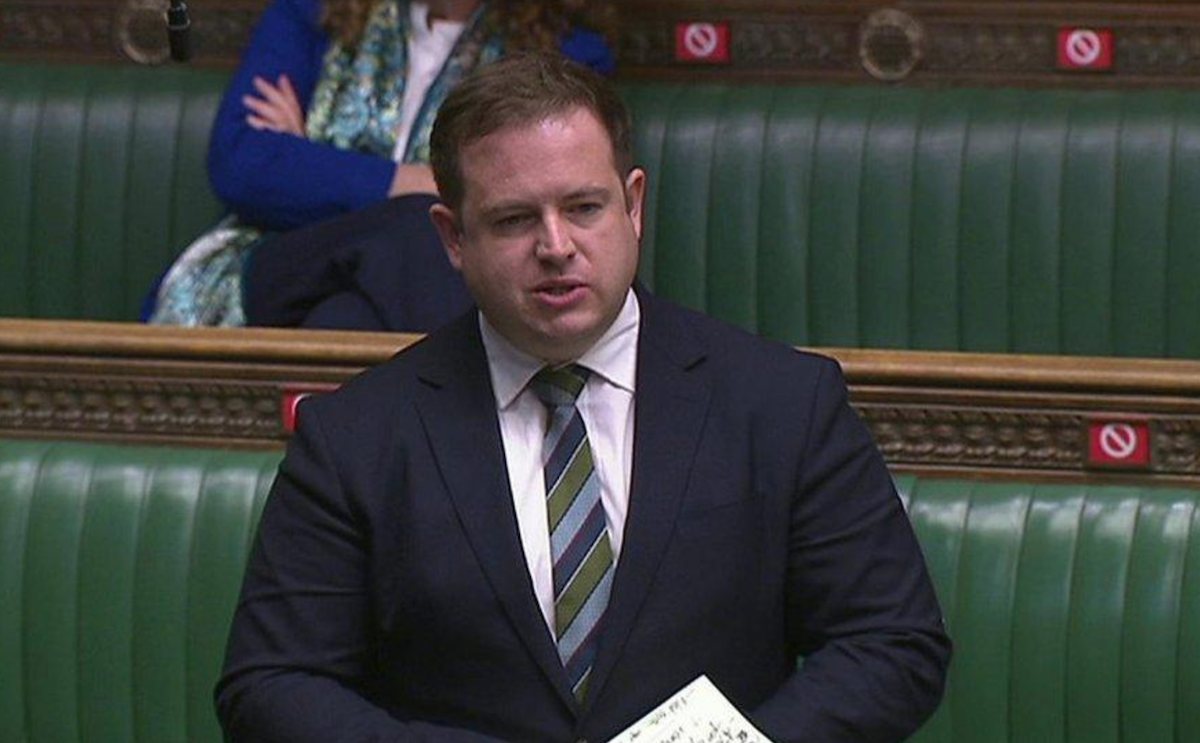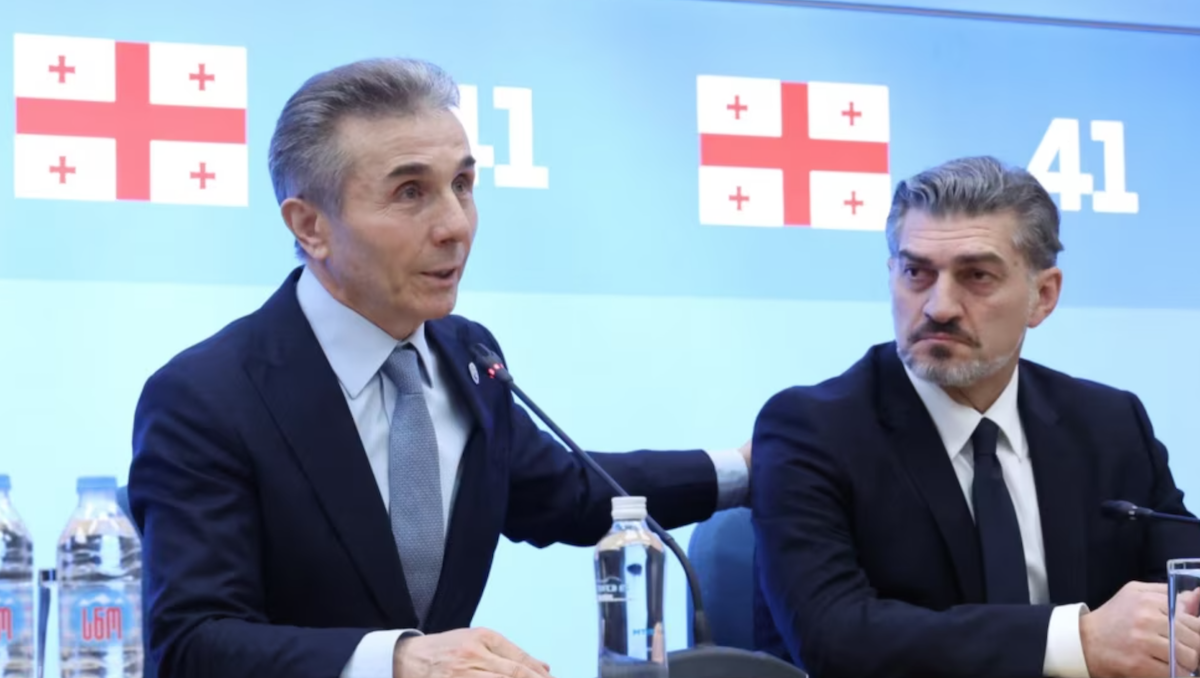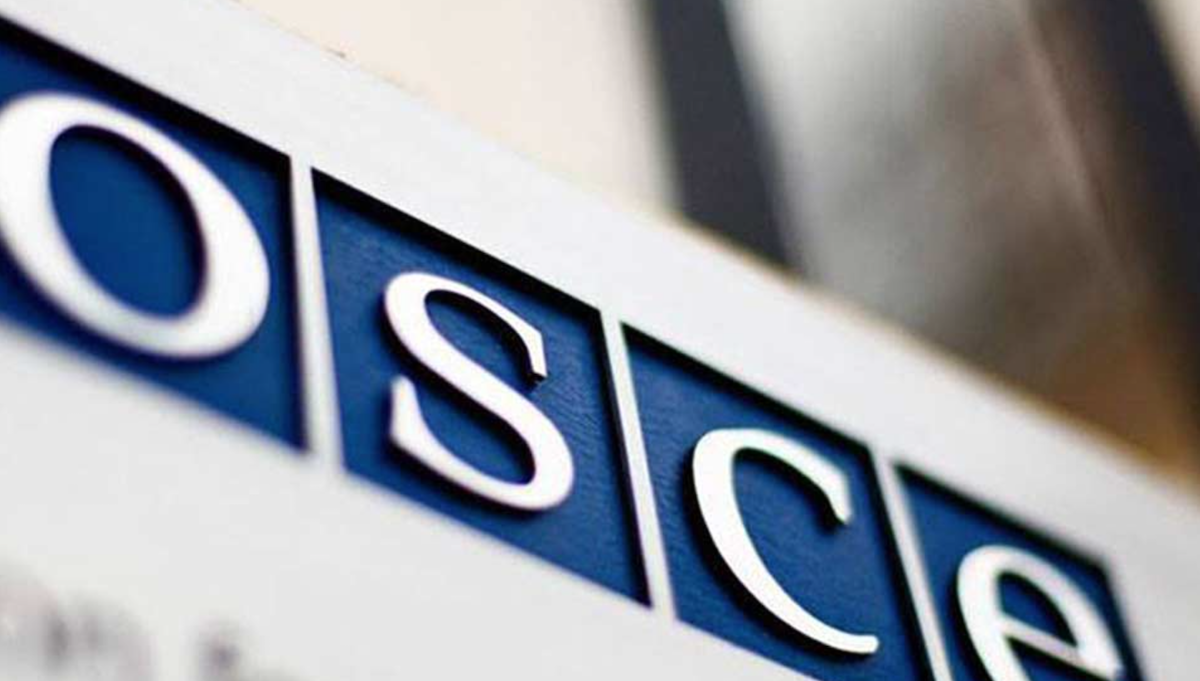Share














Most read
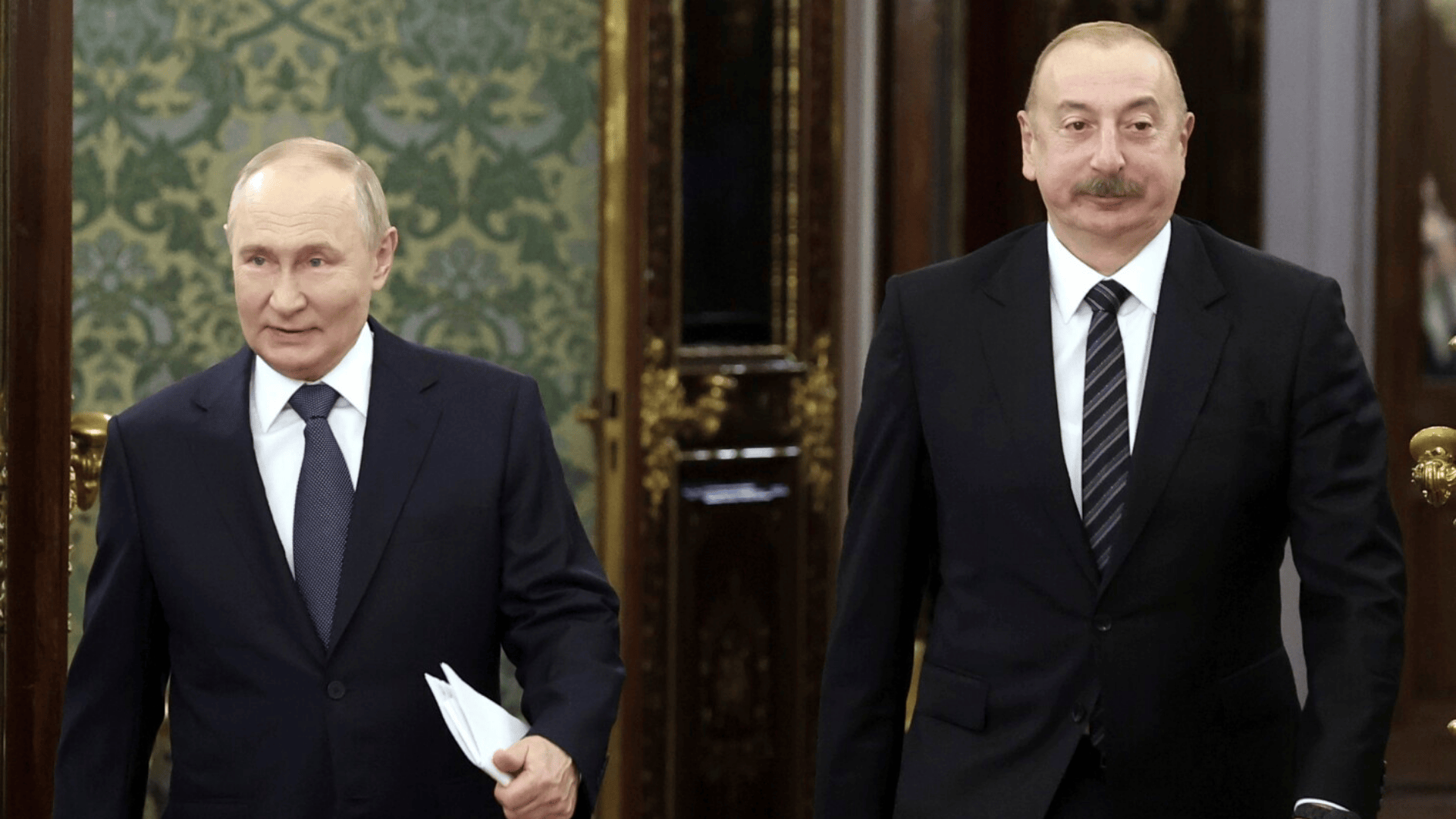
Zangezur Corridor through Armenia back in the spotlight: US plan and Azerbaijan-Russia tensions
UK warns: businesses in Georgia and Armenia aiding Russia’s sanctions evasion will be sanctioned
Violence against Azerbaijanis in Russia’s Yekaterinburg sparks Baku–Moscow tensions: opinions
"EU to support Armenia in this critical moment": Kaja Kallas visits Yerevan
Operation ‘Sputnik Azerbaijan’: A new spike in tensions with Russia
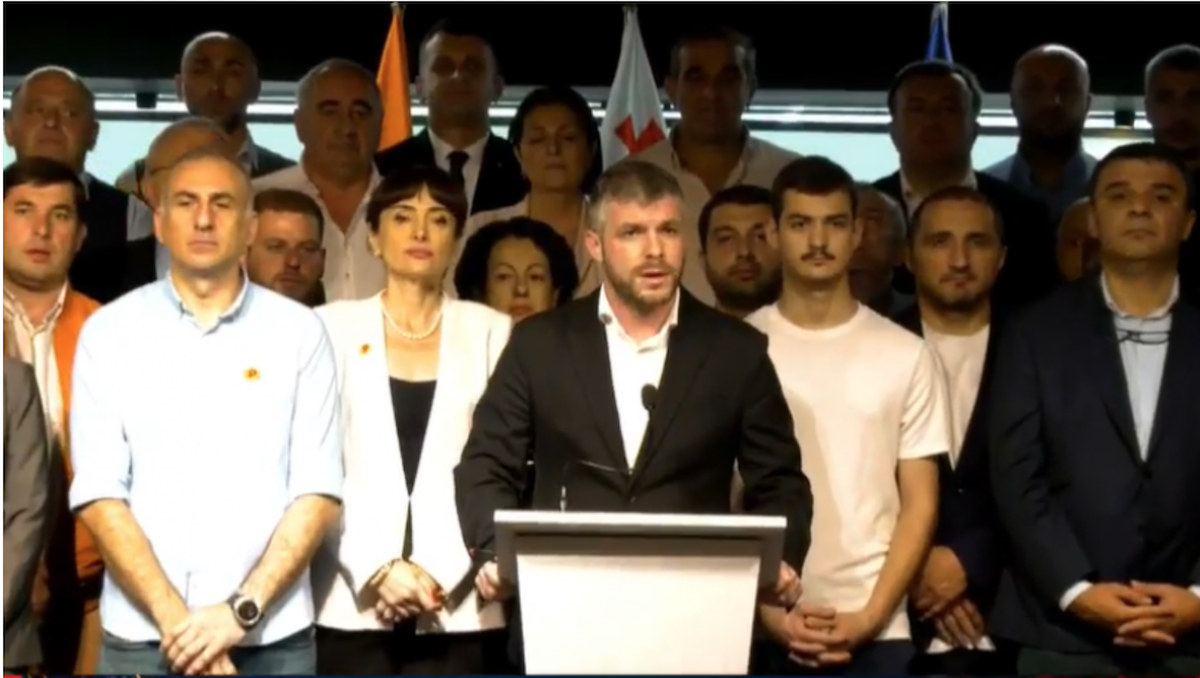
'Lelo - Strong Georgia' joins elections; rest of opposition slams move, calls for boycott
Former Armenian defense minister may face criminal charges
UK Foreign Secretary: “I am concerned about the sentencing of several opposition figures in Georgia”
Georgian Dream president ready to pardon jailed opposition if they request it and pledge to join the elections
Repairs to Abkhazia's promenade will be funded by Russian city budgets
